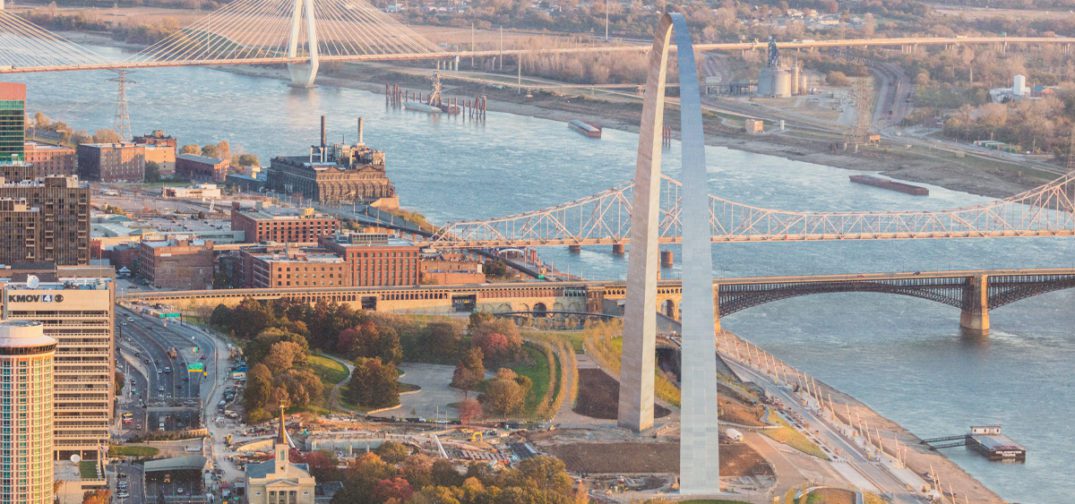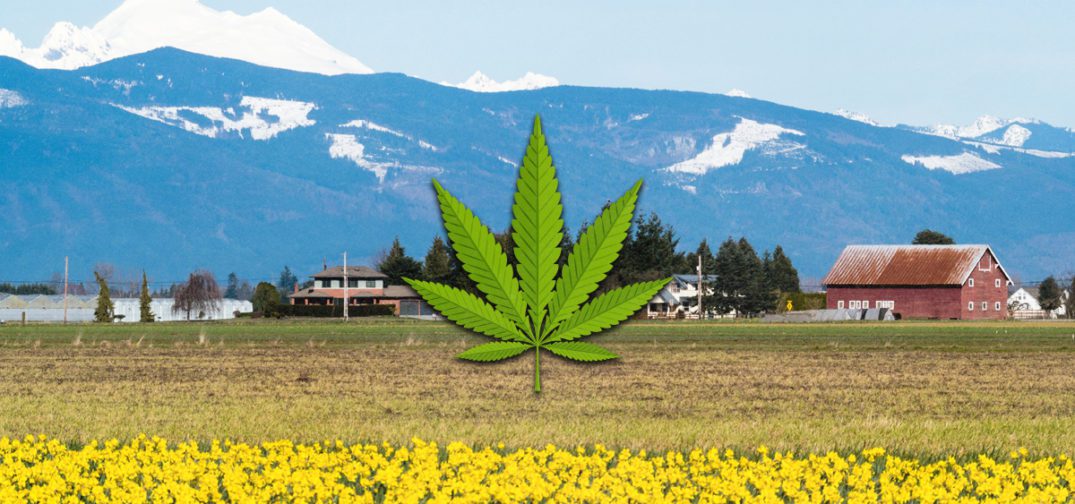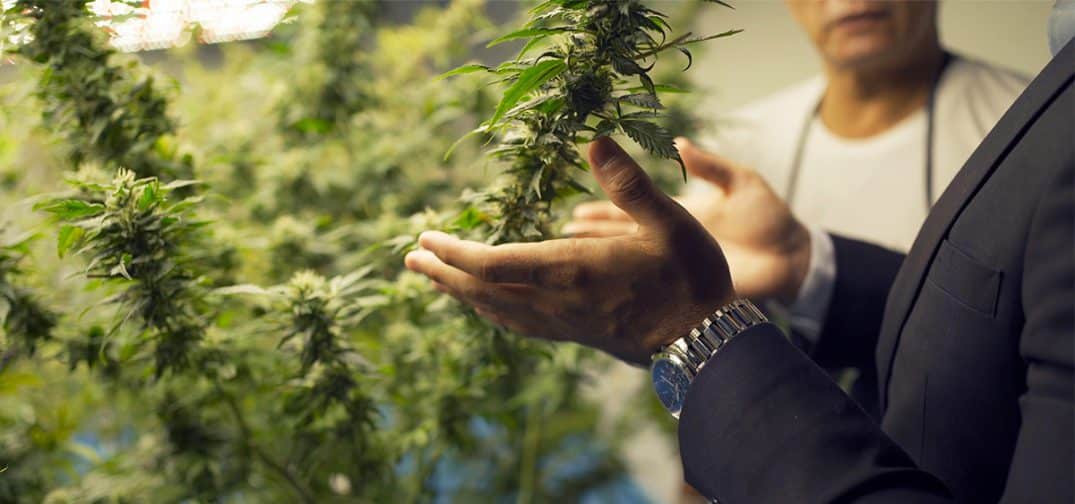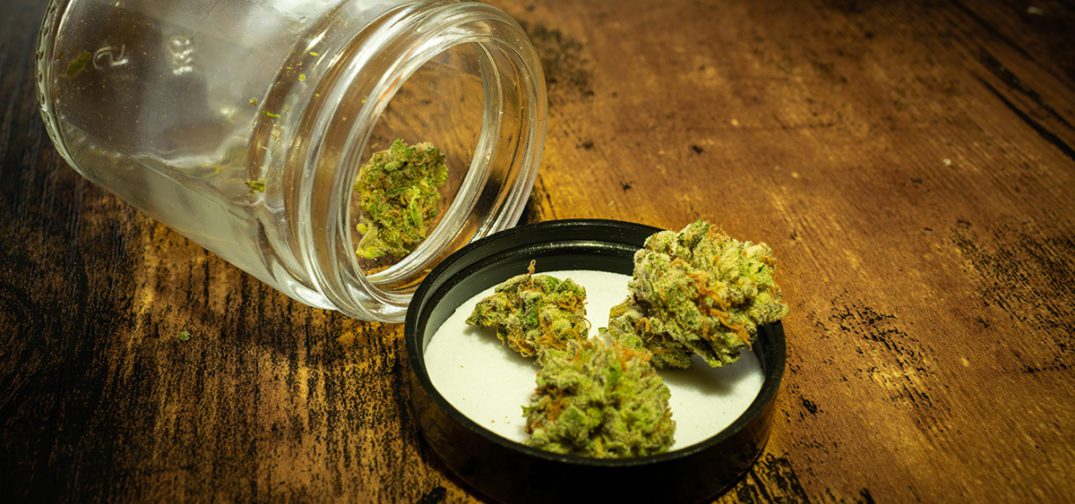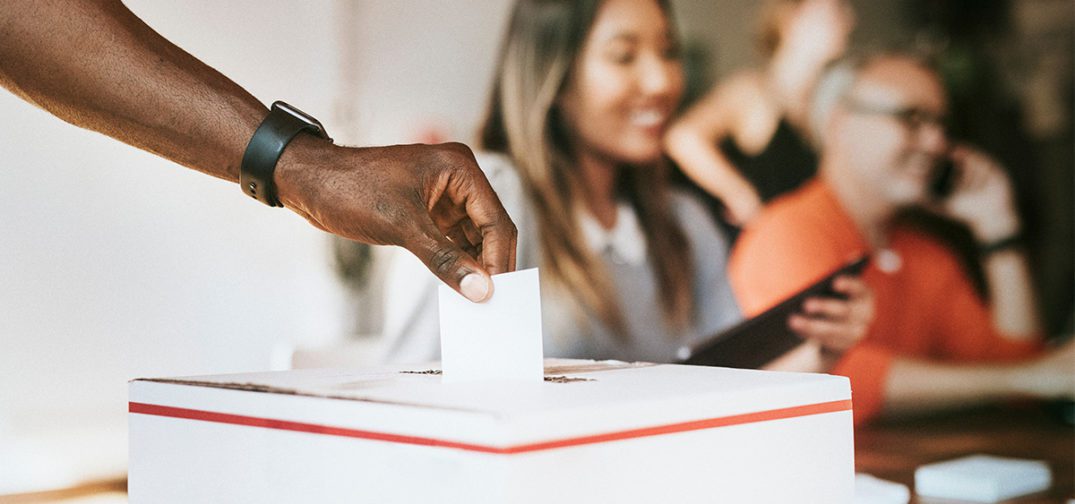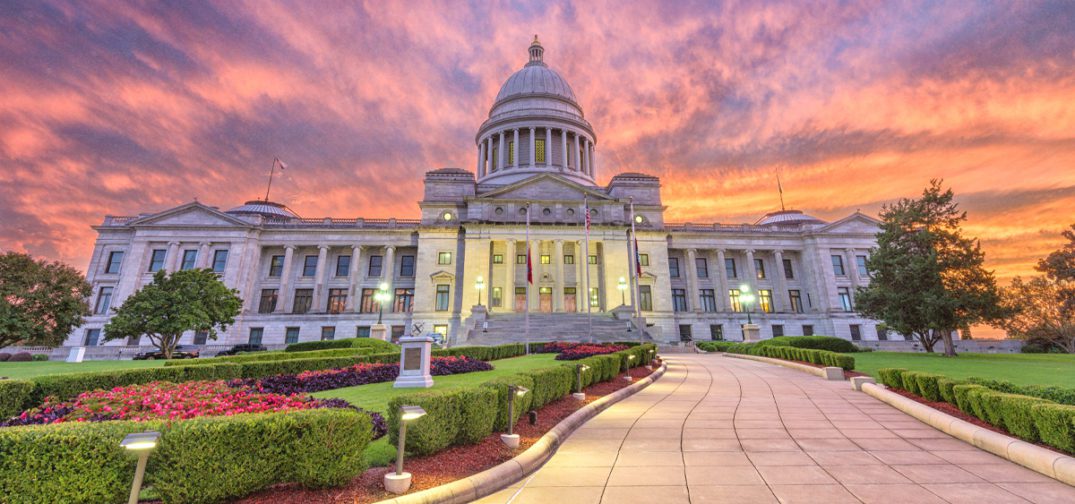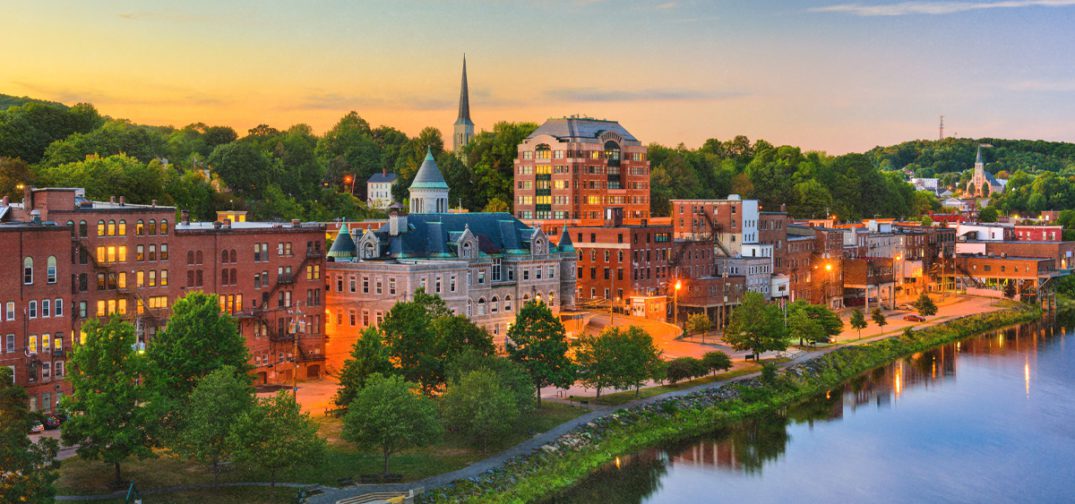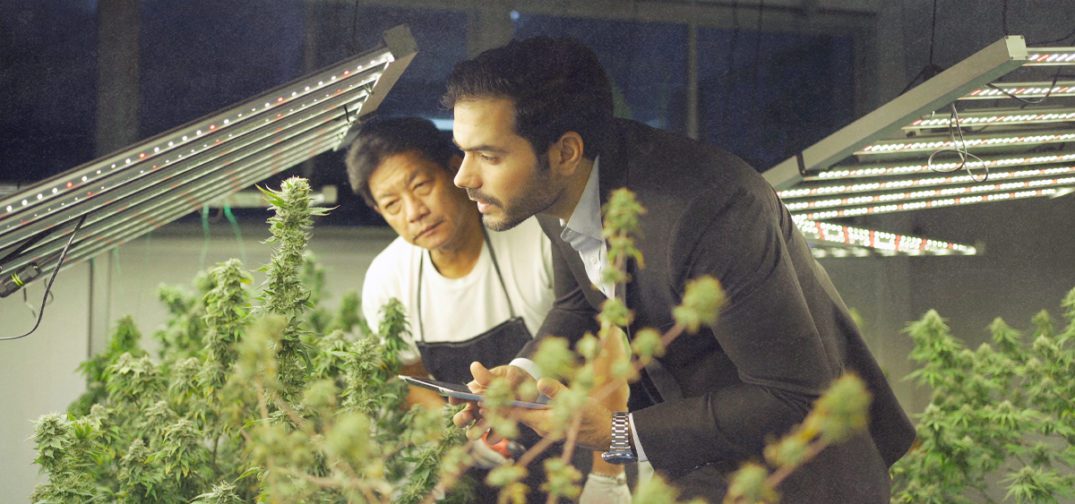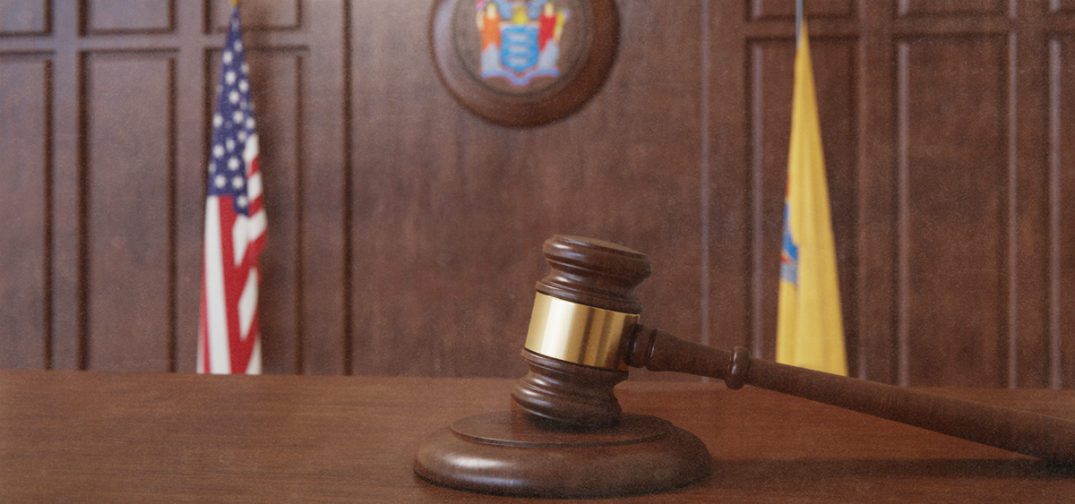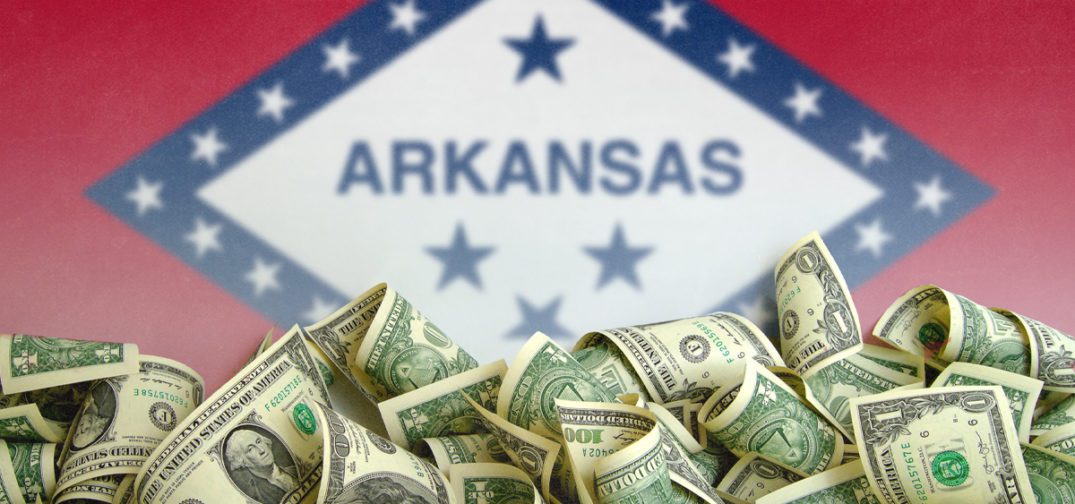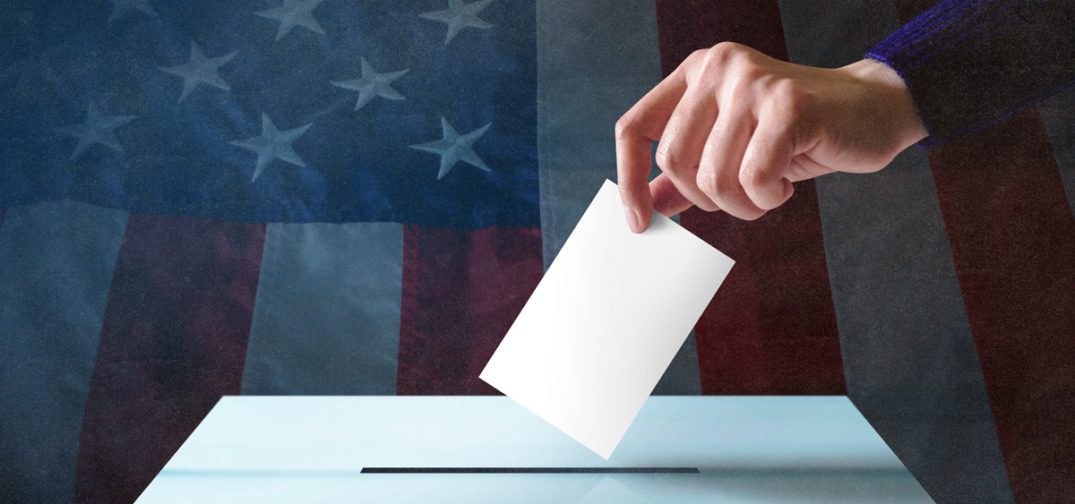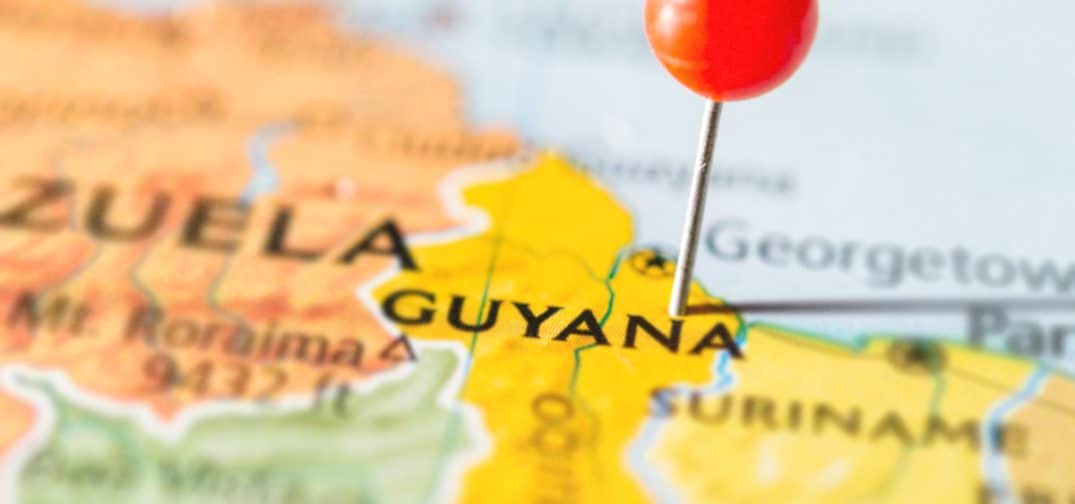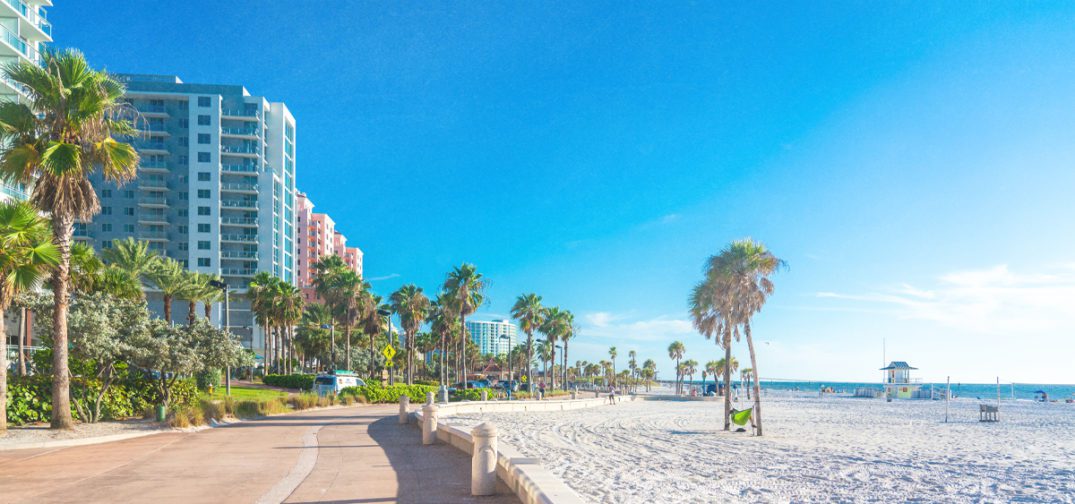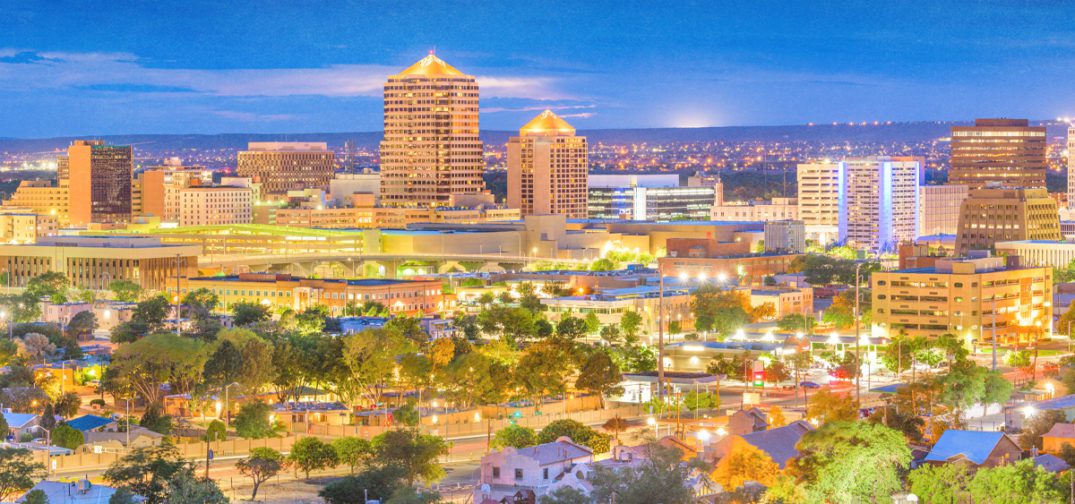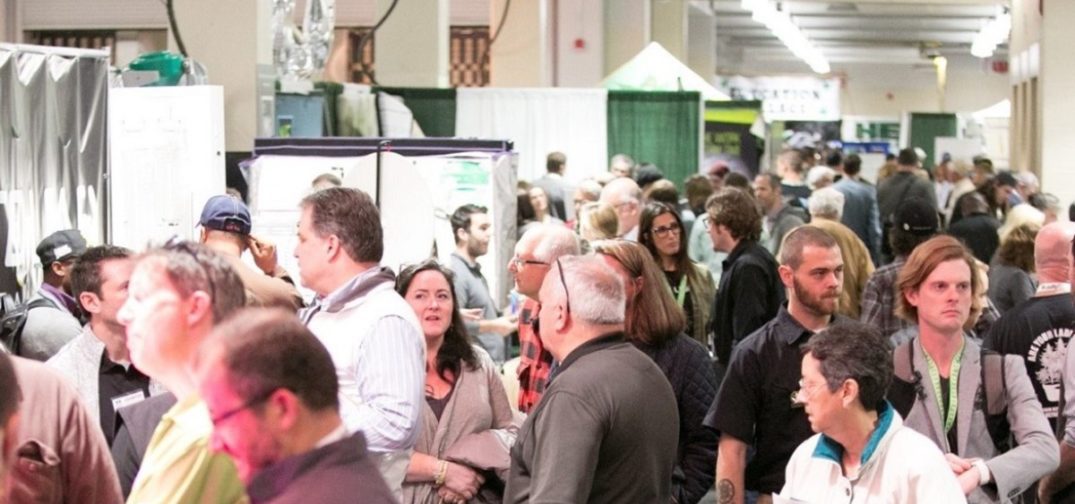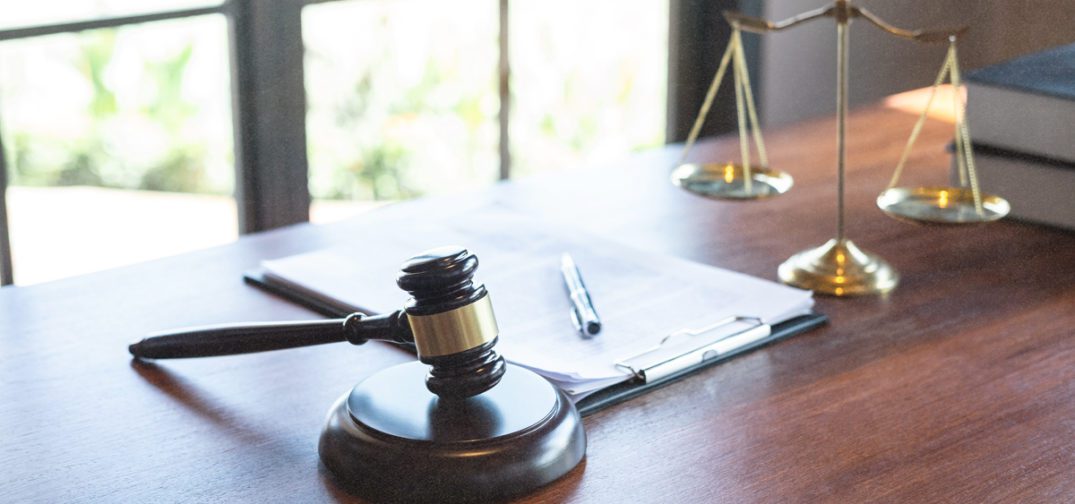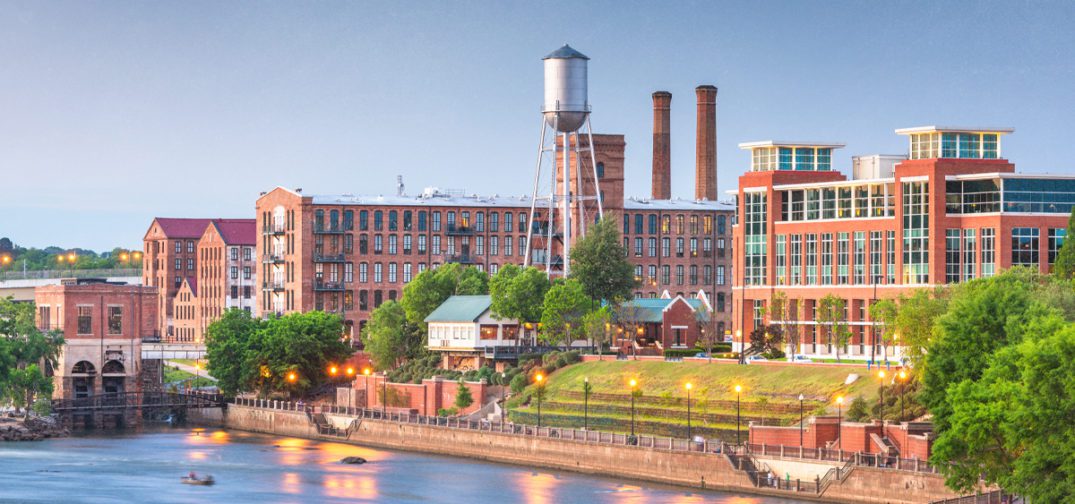In June 2020, Martine Pierre — Founder and CEO of Cannalution and the “Lioness of Marketing” — tweeted that she wanted to help more Black and brown entrepreneurs enter the cannabis space. The response from the community was enormous, so Pierre set out to connect people and learn more about how she could advance her goal of supporting and connecting BIPOC cannabis entrepreneurs.
The result was Cannalution: a community platform modeled after historic HBCUs. Cannalution is an online university that teaches students about raising funds, the most successful types of cannabis businesses, plant science, legal and compliance nuances, and more. In this written Q&A, Martine discusses beta-launching Cannalution, what users can expect from the university-style courses, and the serial entrepreneur’s long-term goals as she continues building her footprint in the cannabis space.
Keep scrolling to read the full interview:
Ganjapreneur: When did you realize that you wanted to build Cannalution?
Martine Pierre: In 2016, my heart was set on starting a subscription box service in cannabis, but I also wanted to create a website or space specifically designed for Black and brown entrepreneurs in the cannabis space. It wasn’t until one of my tweets went viral in 2020 that led to the brainstorming of what would become Cannalution. The huge response prompted me to find a better solution to entry for Black and brown entrepreneurs.
How did you convert the support of your viral tweet into the Cannalution community?
I have a deep background in marketing, so my marketing brain immediately kicked in once the tweet went viral. I initially built a landing page and directed people to it to sign up to gain access to the community, sending out periodic updates while continuing Twitter conversations to learn what else budding entrepreneurs were lacking in support and resources, and how I could build a platform to best meet their needs.
When did you know that the community outgrew Slack, and it was time to build the platform?
We never actually made it on Slack for too long. By day 3, I realized that it wasn’t enough and too complicated to manage long-term by myself, so we tried a Facebook Group. Even though that wasn’t a great option either, it did become the initial focus group that helped us build the MVP app, along with our opt-in waitlist.
How do you hope that the platform impacts equity in the cannabis industry?
According to Leafly, less than 2% of businesses in the US cannabis industry are Black-owned, and I’m sure that abroad the numbers are probably worse. My hope is that we create an ecosystem where Black and brown founders can thrive and build generational wealth. In the United States, there has been speculation that by 2053, Black wealth in the US will be at $0. My hope is that we can help aid in changing that narrative.
How long has the app been in Beta? What has been the general feedback during that time?
We’ve only been live for our private beta for about 29 days, so we’re very early in the process of testing the app with real users. So far, we have 72 installs, but we are onboarding users in phases so that we can keep testing.
We just hosted our first beta tester meetup, and so far, the energy from everyone has been contagious. Many users expressed their frustration and hurt that Black and brown entrepreneurs are largely being excluded in the cannabis space, considering the failed War on Drugs. Many also expressed the type of content they want to consume and the instructors that they would love to see teach on the platform one day. Overall so far, it’s been an intimate and rewarding experience.
Has your background in digital marketing helped you solve problems as you build the pillars of Cannalution?
I am a non-technical founder who doesn’t code, nor do I have access to large amounts of capital. If I didn’t have a background in marketing, I highly doubt I would have the traction that we currently do. It’s my marketing background that prompted me to build a waitlist, which in turn, helped us build the MVP app for premium subscription members.
Who is coding the Cannalution platform? How did you find and hire the right team for the job?
As of right now, we are outsourcing our code. My co-founder and managing partner had previously worked with this team beforehand to build her app for 100K Incubator. However, as we continue to raise proper funding, we will eventually bring it in-house.
How is the curriculum at Cannalution University structured? Are classes held at certain times or watched on the student’s time?
Think Masterclass, but of cannabis content that can be watched on the student’s own time: that’s what Cannalution University (our premium subscription side of our app) will offer. Our curriculum will range from retail and justice reform to cannabis investing and real estate; all educational content that gets straight to the point.
What core lessons will students take away from studying at an HBCU-inspired digital platform?
While we do not have the accreditation to call ourselves a digital HBCU, our branding is paying homage to the Historical Black Colleges and Universities across the country who have paved the way for so many decades.
Our users will learn about the science of cannabis, and they’ll be walking away with the tools to start, maintain, and scale a cannabis business. Moreover, we want our users to define what equity in the cannabis industry means for them, because it doesn’t have to be a plant-touching business that requires a license.
There is an infinite amount of possibility in this budding industry, and we want to show our users vast opportunities that go beyond plant-touching.
Does the Cannalution platform connect entrepreneurs and investors? If so, how are they vetted?
The biggest barrier to entry for cannabis entrepreneurs is access to capital, and there will be two ways Cannalution will be helping users scale this mountain.
Firstly, we’ve incorporated an NFT strategy that will enable us to use a portion of our royalties from secondary sales to create a fund that empowers a select group of our users. Our NFT will only be available to 10,000 users, who we call our “founding members,” and 36 corporate NFTs that will allow corporations to partner with us and advertise through the platform.
Secondly, our CFO, Arielle Loren, is the founder of 100K Incubator, which helps women gain access to capital so that they can scale their business to six figures or more. She will be vetting private and corporate investors interested in investing in our users who meet their criteria.
Do you still dream of starting a subscription box service or have you completely shifted into Cannalution?
I’m a serial entrepreneur by nature with big multipotentialite energy, and I have a knack for brand building. I absolutely still see myself starting a subscription service or physical cannabis product. Cannalution is not the end of the road for me in the cannabis sector.
How can people sign up for the Cannalution platform?
The best way to sign up for access to our platform is cannalution.app.
Thanks, Martine, for answering our questions and sharing your thoughts and expertise!

